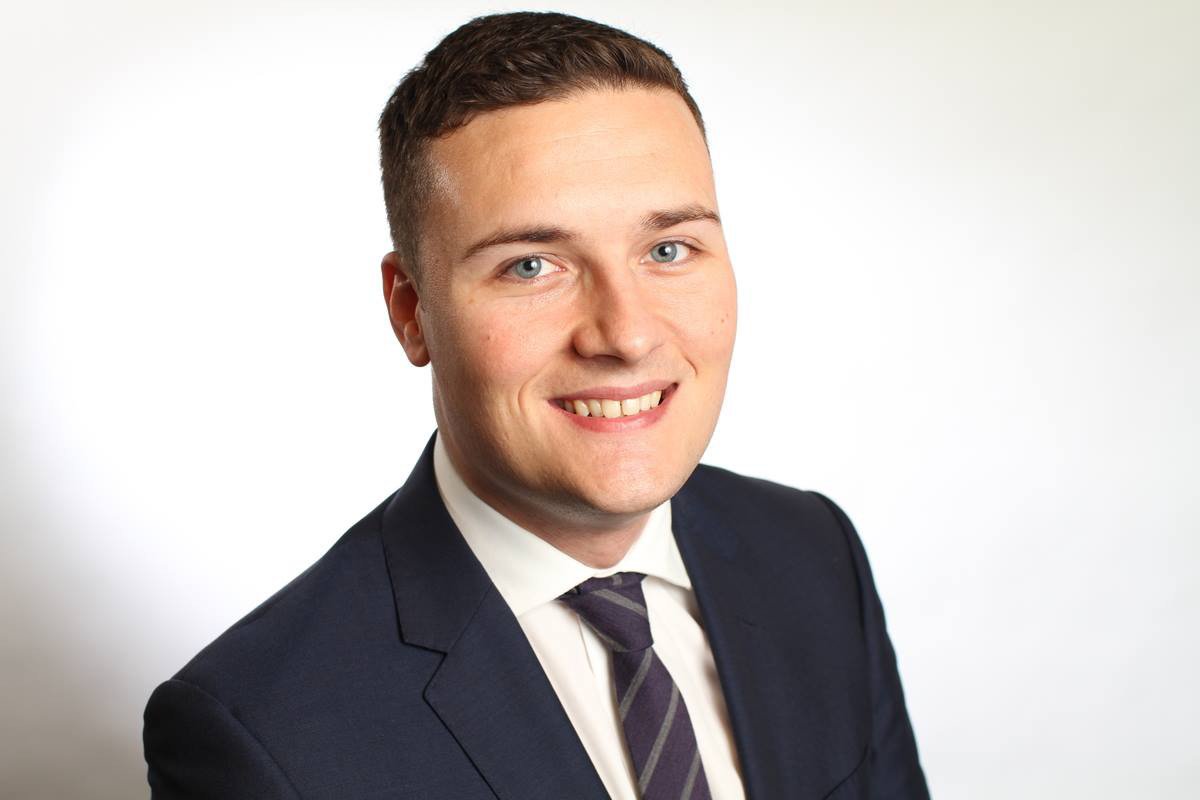Wes Streeting MP: Don’t forget LGBT victims on Holocaust Memorial Day

The theme of this year’s Holocaust Memorial Day, which will take place in just under a week’s time on 27th January, is ‘don’t stand by’.
The Holocaust didn’t begin with the systematic slaughter of Jews in Europe – or even with a brick through the window of a Jewish shop during the Kristallnacht of 1938. It began with a simple idea that our differences mark each of us out as superior or inferior to one another.
Though we might reflect today on the unique crimes of the Nazi Holocaust, we should never avert our eyes from the most uncomfortable truth of all: that its perpetrators were not unique. They were ordinary men and women, carrying out acts of extraordinary evil.
With the onward march of time the number of survivors left to bear living witness to the crimes of the Holocaust diminishes and so with every new generation comes an even greater responsibility to make sure that their warning from history is never forgotten.
Of course, even as they rebuilt their lives, many continued to suffer. Whether through silence, because the crimes they suffered were unspeakable. Premature death, as a result of the injuries they sustained. Or the ongoing persecution they experienced as a result of being different.
Among them were those who were brandished with the pink triangle – the Nazi mark of the homosexual. Like other victims of the Nazi Holocaust, gay men and women were rounded up by the Gestapo. Many were imprisoned. Some were castrated and subjected to cruel medical experiments. Others met their end in the gas chambers of the death camps.
For so many of these people, the end of the Second World War did not bring about their liberation. Nazi law remained in place. Their suffering at the hands of the state continued. Some were even sent back to prison by the very same judges that had sent them off to the concentration camps under the Nazis.
I wept last summer in Berlin as I read the stories of those LGBT survivors of the Holocaust who had later gone to their graves unable to share their stories, shunned by their governments and without any acknowledgement of the suffering they had experienced under the Nazis and the subsequent governments of West and East Germany.
I am inspired by Holocaust survivors like Rudolf Brazda, who was the last known concentration camp survivor deported specifically for homosexuality.
Before the Nazis came to power he and his boyfriend had been accepted in an increasingly tolerant society. A Jehovah’s Witness accepted them as her tenants and Brazda’s family acted as witnesses to a symbolic marriage ceremony in their home. But as Berlin’s thriving lesbian and gay scene was dismantled by the Nazi regime, Brazda and his partner were arrested and never saw each other again.
Brazda served a six month sentence before being deported to Czechoslovakia. He was arrested again in 1941 and was forced to serve another fourteen month prison term. In August 1942, he was deported to Buchenwald concentration camp. Brazda was beaten, once having teeth knocked out. He was subjected to forced labour. He survived through a combination of strength and luck.
It wasn’t until 2008, ahead of the unveiling of the memorial to homosexual victims of Nazism in Berlin, that he felt able to speak out. Those countries that continue to legally discriminate against LGBT people should reflect on his words before his death in 2011: “If I finally speak, it’s for people to know what we, homosexuals, had to endure in Hitler’s days… it shouldn’t happen again.”
It is for all of us to reflect on those occasions where we have looked the other way: when someone was called a name, when someone was mistreated, when someone was bullied, beaten or even murdered, because they were different.
Yehuda Bauer said: “Thou shalt not be a victim, thou shalt not be a perpetrator, but, above all, thou shalt not be a bystander”.
It is fitting for the theme of this year’s Holocaust Memorial Day and an exhortation to us all to take up the challenge set for us by Sir Ian McKellen when he said in a video for Stonewall “don’t be a bystander”.
